
TV's Jewish ‘Princesses' should be throne out The Times of Israel
The meaning of JEWISH AMERICAN PRINCESS is a stereotypical well-to-do or spoiled American Jewish girl or woman —called also Jewish Princess.
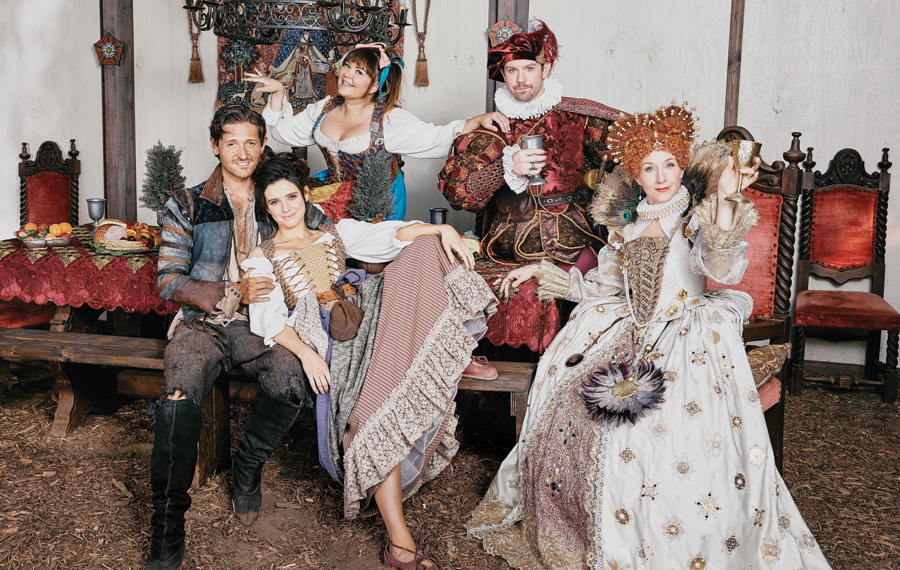
All’s (Renaissance) Faire in Jewish ‘American Princess’
The term "Jewish American Princess" has been debated within Jewish communities for as long as it has existed. Many bemoan it for perpetuating sexism and negative stereotypes of Jewish women.

Death of a Jewish American Princess The True Story of a Victim on
From Wikipedia, the free encyclopedia The examples and perspective in this article The cover of the 1908 Little Giant publication , which displays the stereotypical physical Stereotypes of Jews are generalized representations of Reproduced common objects, phrases and traditions are used to emphasize or ridicule Jewishness.

‘Princesses Long Island' Embraces A Stereotype And Leaves Some Jews
"Rachel Green (from the TV show Friends) is a Jewish American Princess. She most conforms to the stereotype when, during various flashbacks, we see her 'pre-nose-job,' although her obsession with Bloomingdale's is a pretty big tipoff," wrote Michael Bernstein on a Medium post.

As Israel's election nears, some ultraOrthodox women seek a greater
jewish American Princess or JAP (not to be confused with the ethnic slur directed towards people of Japanese nationality) can be taken and meant as an ethno-religious and/or sexist slur used to refer to Jewish women with privileged backgrounds.
/cdn.vox-cdn.com/uploads/chorus_image/image/62618055/nrifkin_vox_final_edit3.0.jpg)
The “Jewish American Princess” is our most complex Jewish stereotype Vox
Long before the Jewish American Princess - known by the derogatory acronym JAP — there were just American princesses, daughters of 19th-century industrialists or aristocratic wives who in.
:no_upscale()/cdn.vox-cdn.com/uploads/chorus_asset/file/13599294/nrifkin_vox_final_2_edit.jpg)
The “Jewish American Princess” is our most complex Jewish stereotype Vox
"American Princess" is the personification of "write what you know." Denbo worked at a Renaissance faire in the 1990s, and the quirky characters are composites based on her co-workers.

90,000 Jews Gather to Pray and Defy a Wave of Hate The New York Times
Midge Maisel is a blast of bracing air. She knocks the sexist, gaseous generalizations of the Jewish American Mother and the Jewish American Princess out of the stratosphere.
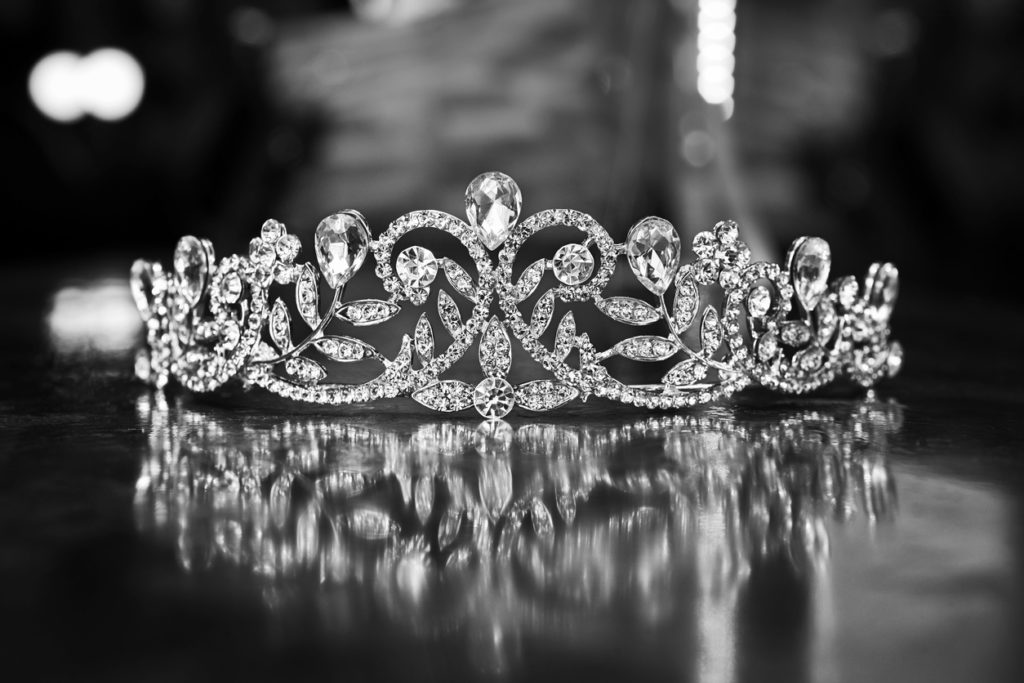
The “Jewish American Princess” on Screen From Stereotype to Role
The term "Jewish American Princess" has been debated within Jewish communities for as long as it has existed. Many bemoan it for perpetuating sexism and negative stereotypes of Jewish women, while others have argued that despite these origins, there's a power in embracing the moniker.
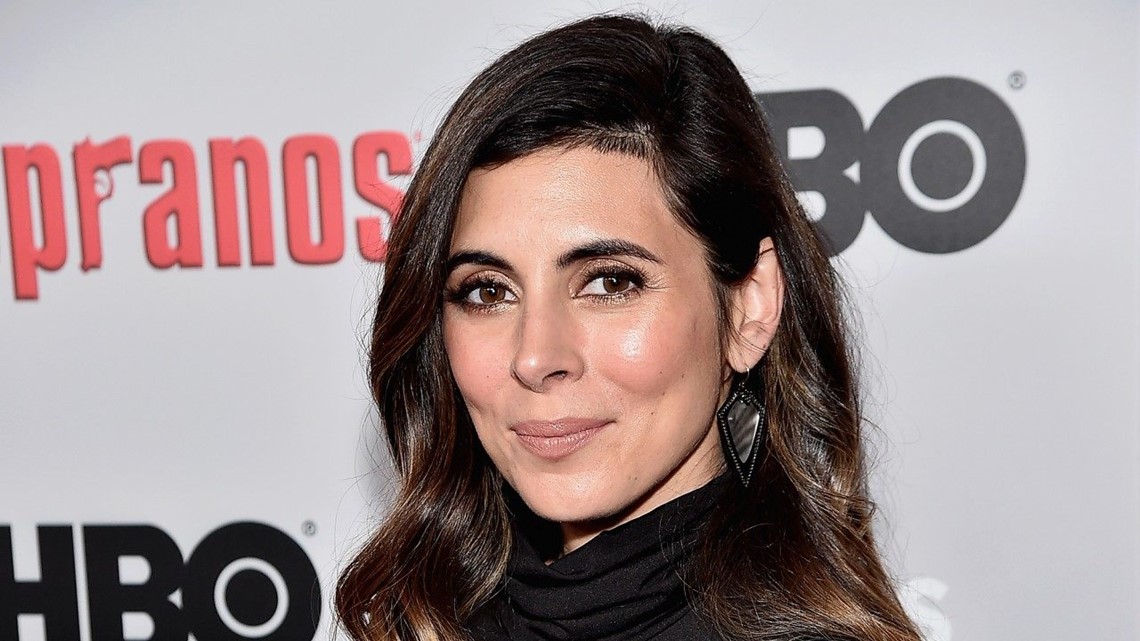
Disney's first Jewish princess to be voiced by JamieLynn Sigler
The term "Jewish American Princess" has been debated within Jewish communities for as long as it has existed. Many bemoan it for perpetuating sexism and negative stereotypes of Jewish women,.
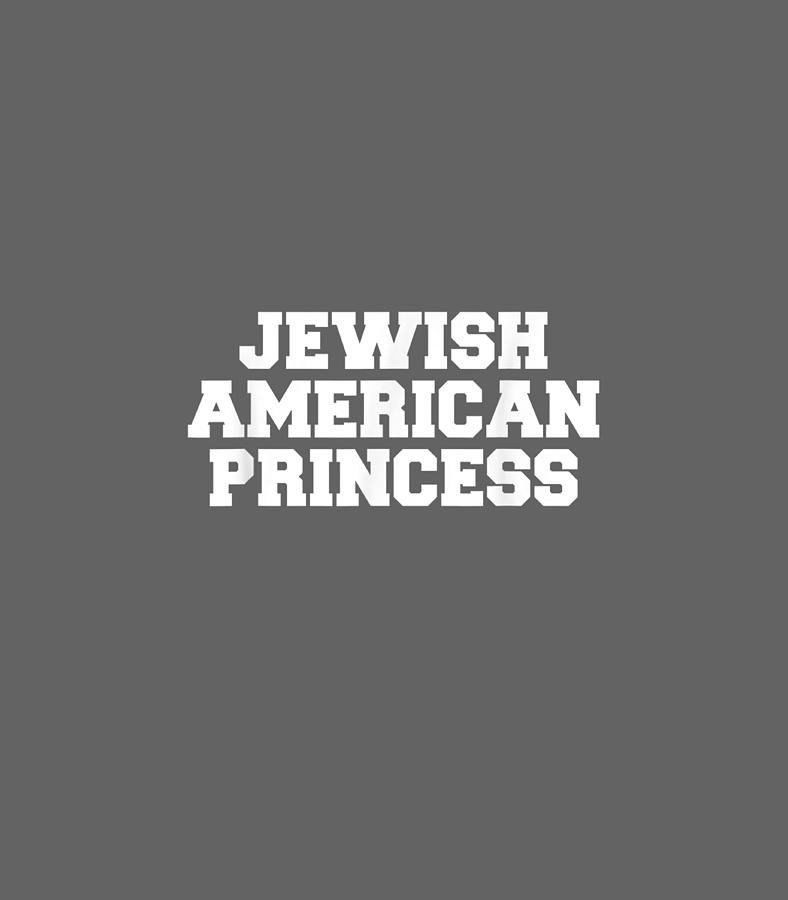
Jewish American Princess Digital Art by Montgb Julie Fine Art America
By Shira Li Bartov May 26, 2023 ( JTA) — After five seasons, 20 Emmy awards and plenty of Jewish jokes, "The Marvelous Mrs. Maisel" airs its final episode on Friday.

A History of American Jewish Women Shows How the Country Influenced
The Jewish American Princess is a pejorative Jewish American woman stereotype that is portrayed as materialistic, selfish, and from a pampered or wealthy background. The term, "Jewish American Princess" is often abbreviated to the acronym "JAP." The Jewish American princess stereotype was a construct of and popularized by post- Jewish male writers.

On the Evolution of the “Jewish American Princess”
Proudly Jewish women of this century like Tiffany Haddish ("Blackmitzfah"), Amy Shumer ("Snatched" costarring Goldie Hawn as her Jewish mother), Lena Dunham ("Girls"), Rachel Bloom of "Crazy.
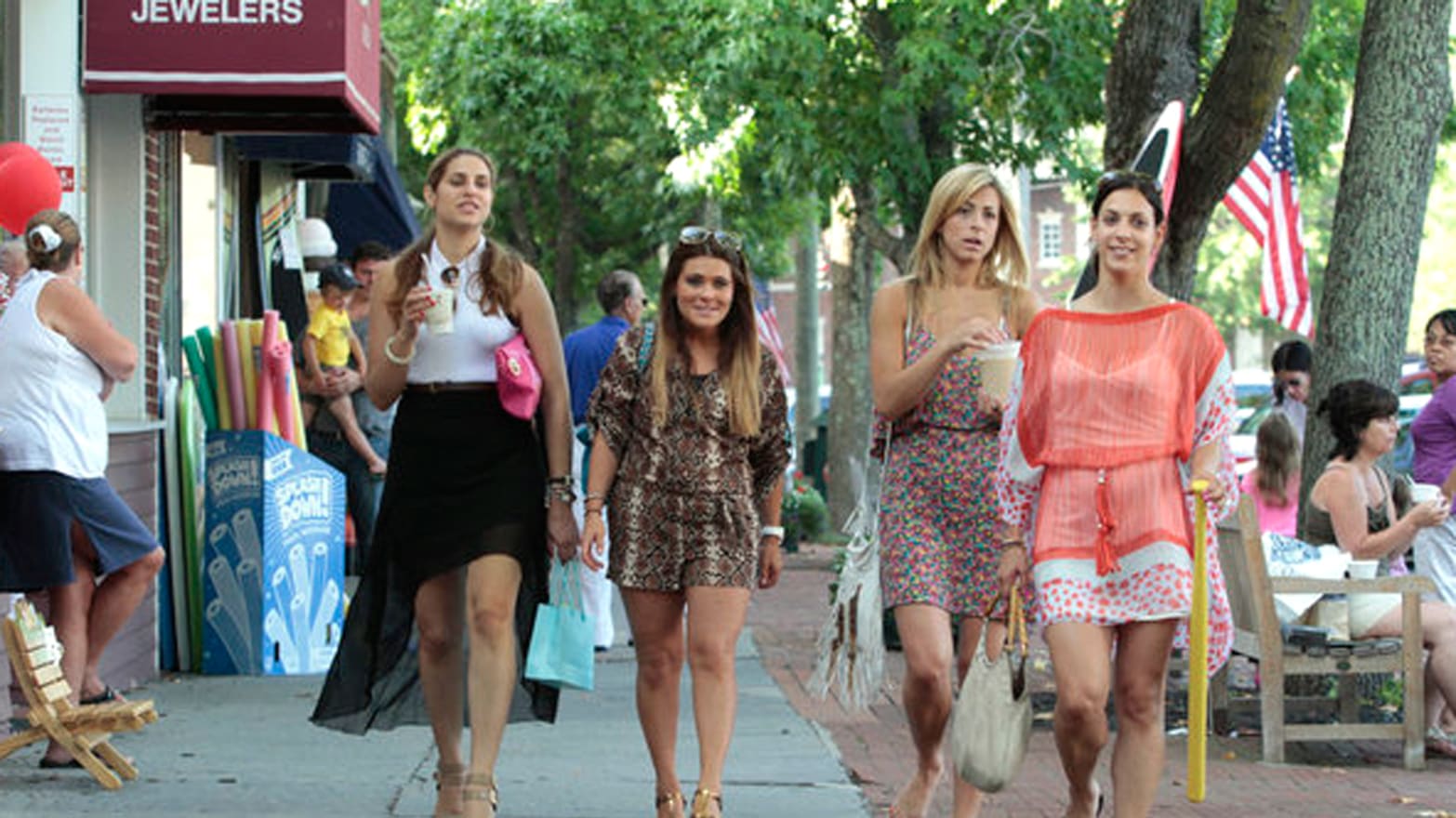
Is Bravo’s Jewish Princesses Long Island the Most Offensive TV Show Ever?
The Jewish American Princess, or JAP, embodies both an attitude and a style of dressing. The archetype was forged in the mid-1950s, in concert with the Jewish-American middle-class ascent..
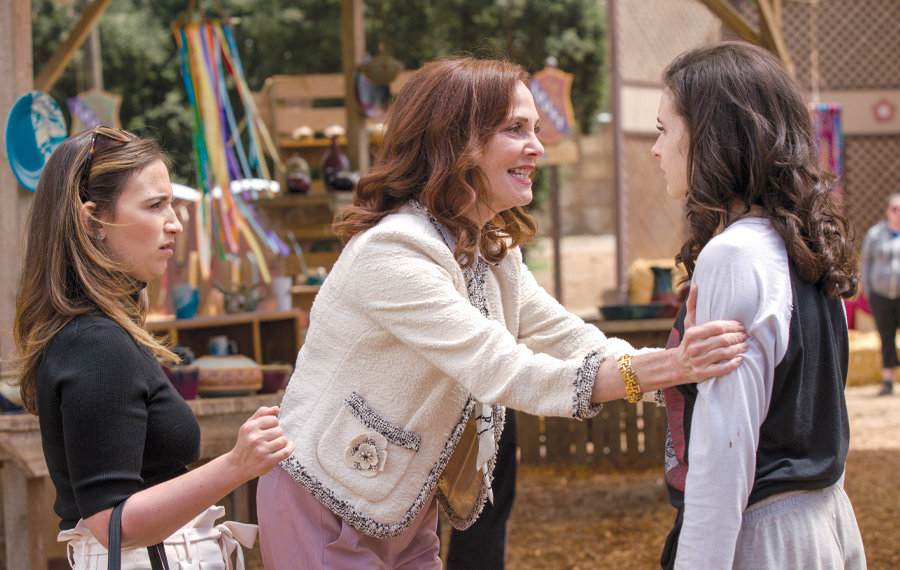
All’s (Renaissance) Faire in Jewish ‘American Princess’
Baumgold defined Jewish princesses by their sense of entitlement, their self-absorption, and overconfidence in their subpar beauty. "For one thing, she expects," Baumgold wrote. "Clops and blows come from Above, but still she expects. It isn't mere hope; it is her due."
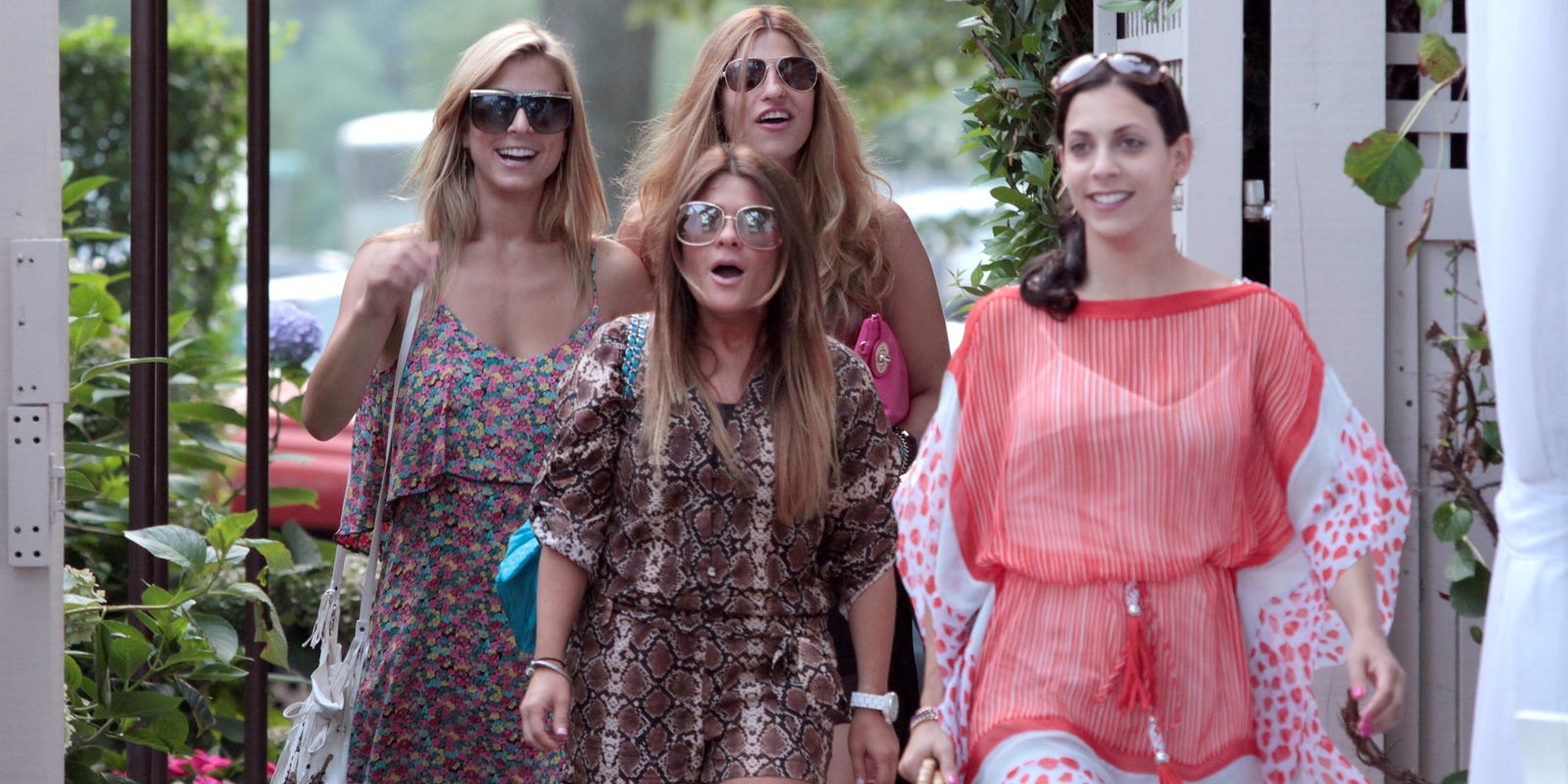
Congressman 'Princesses' promotes Jewish stereotypes
Sarah Silverman was once described in New York Magazine as "a vaguely homophobic, vaguely racist Jewish-American princess," by Mark Harris, but thanks to Bloom and others, TV has seen more.